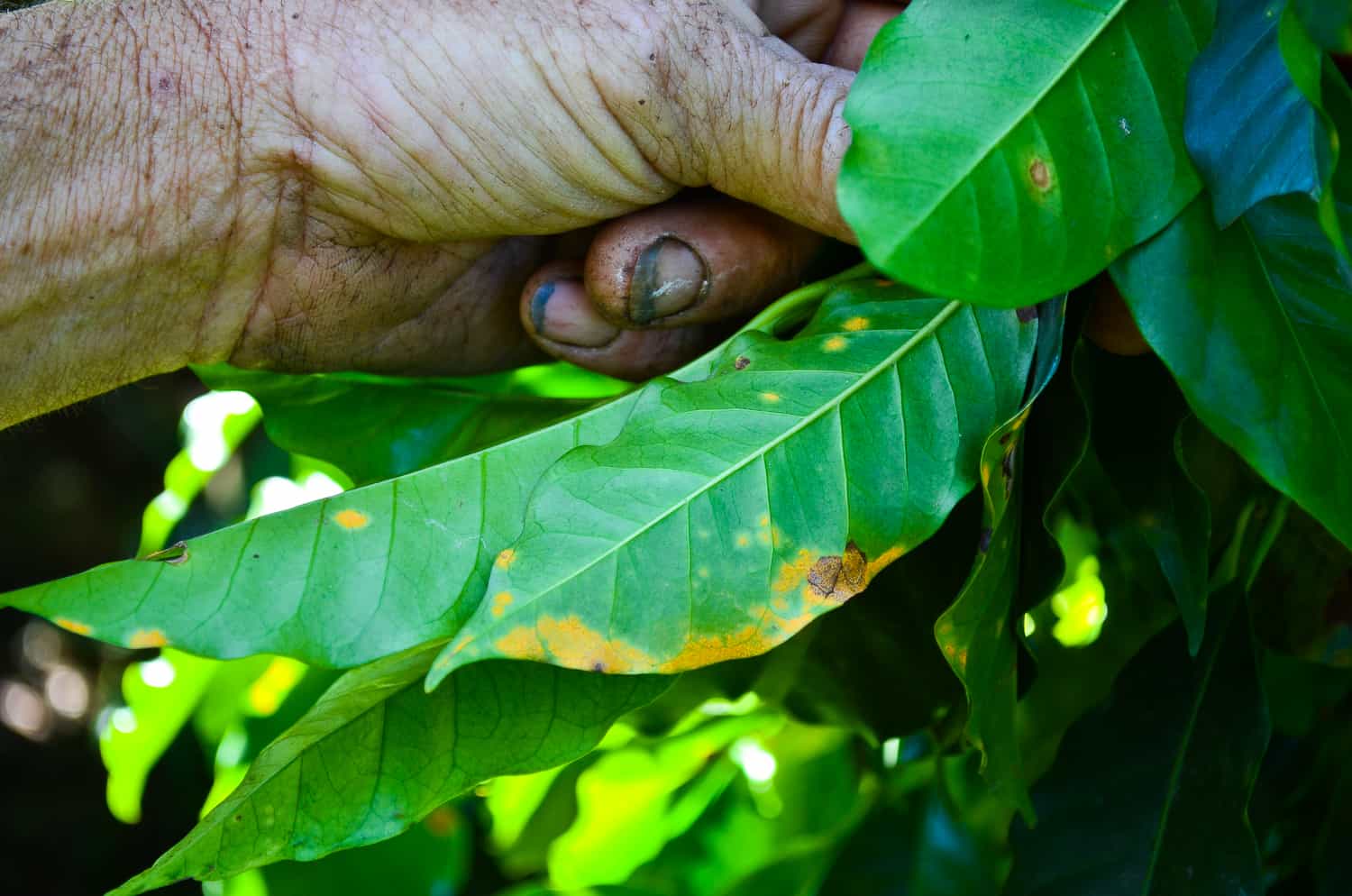A conference kicked off in Costa Rica Monday on sustainable agriculture for coffee farmers across Central America confronting the ongoing threat of coffee rust, or roya, a fungus that has devastated harvests across the isthmus.
The conference, organized by the U.N. Food and Agriculture Organization, was held in San José and brought together farmers and policymakers from across Central America to discuss sustainable, non-chemical ways to keep the fungus at bay.
“This is going to allow us to have a coffee industry that can adapt to climate change,” said Costa Rican Agriculture and Livestock Minister Luis Felipe Arauz Cavallini, according to a statement from FAO.
Climate change has been cited as a possible underlying cause of the fungus’ spread, creating conditions that allowed roya to reach previously untouched fields. Arauz mentioned Nationally Appropriate Mitigation Actions — known as NAMA — as one area of sustainable farming already used in Costa Rica that can help combat roya.
Organic farming practices are in use here to help curb the spread and impact of the fungus. Roya is commonly treated with copper-sulfate fungicides, but the chemicals should be applied sparingly because of possible contamination of groundwater or other nearby water sources.
As an alternative, farmers have turned to mixed-crop fields and more active soil management to protect their harvest. According to FAO, ecologically-minded farming practices help promote sustainable development and protect natural resources.
Elaine Acosta, technical coordinator for the FAO Plant Health Project for Mesoamerica, said that the conference was looking to identify traditional farming knowledge that has been lost to more modern farming practices, according to a statement from FAO.
“We’re looking for the kind of projects that promote coffee growing that have the capacity to produce and at the same time care for the environment,” Acosta said.






